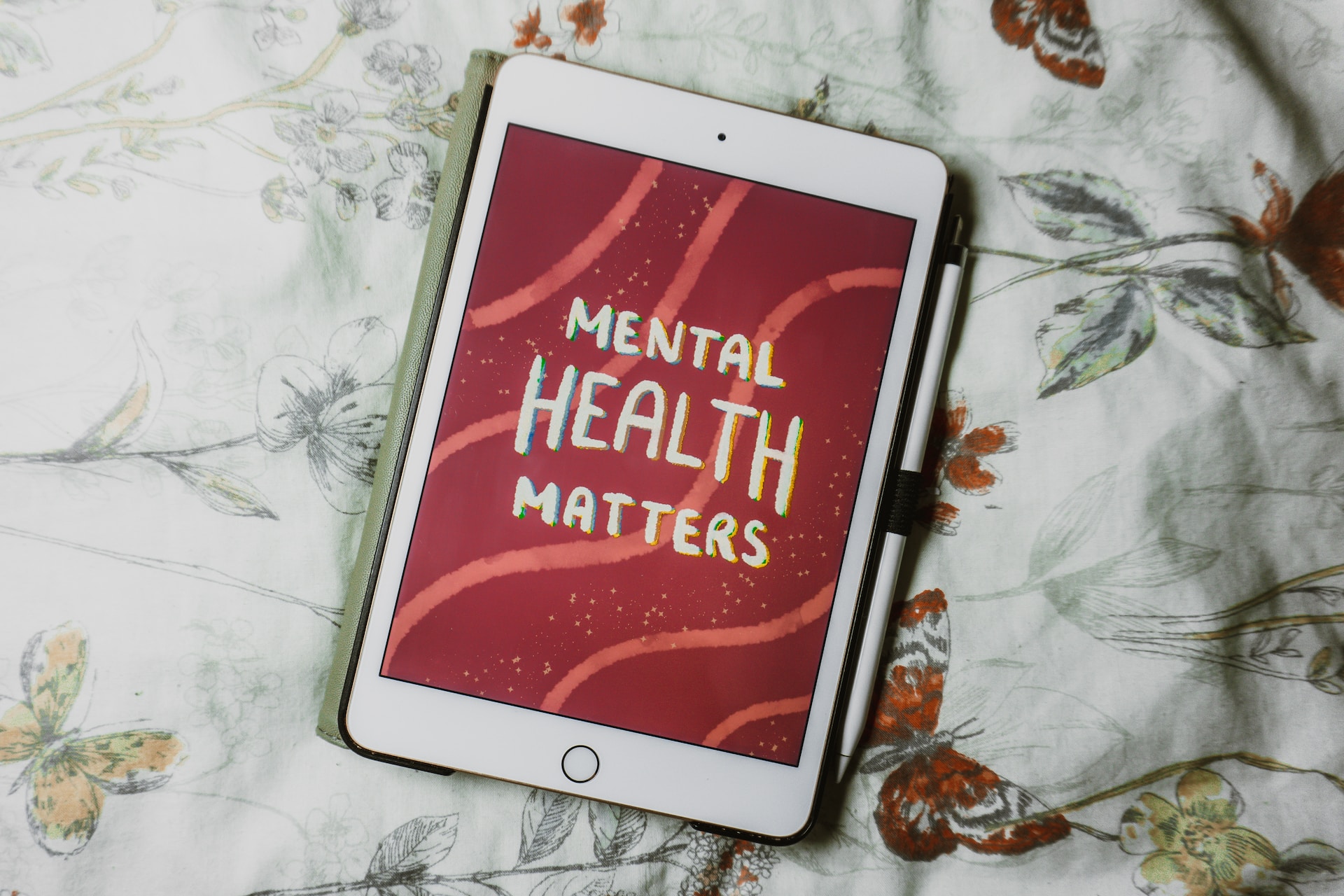Death, loss, and grief may be an inescapable part of life, but that doesn’t make losing a loved one any easier to bear when it happens. And when the loss of a loved one is traumatic — whether it’s sudden, unexpected, or connected to violence — the impact can be overwhelming.
For many people who experience overlapping trauma and loss, grief can unfold like a free-fall descent that sends them into a steep emotional decline. When loss is tied to trauma, normal bereavement is exacerbated by feelings of shock, disbelief, fear, and despair.
If a traumatic loss has left you feeling devastated, we want you to know that you’re not alone. As seasoned mental health experts who specialize in trauma treatment and grief counseling, our compassionate team at EXIS Recovery Inc. can give you the support you need to cope with trauma, reconcile your loss, and find new meaning in your life.
Few life events are as distressing or painful as the traumatic death of a close family member, friend, colleague, or neighbor. Defined as the sudden, unexpected, and often violent death of a loved one, a traumatic loss may be the result of suicide, a serious accident, a natural disaster, or another person’s brutal actions.
When you experience a traumatic loss, your ensuing grief reaction can be complex. As you feel the usual emotions of bereavement — any combination of feelings like sorrow, numbness, guilt, denial, anger, helplessness, or yearning — you also feel the effects of the trauma.
While the following grief reactions can occur after any major loss, they’re especially common among traumatic-death survivors:
Mental disbelief and emotional shock are often prolonged following a traumatic loss. It might be difficult to believe that your loved one is really gone; you may have unrelenting dreams, memories, or even trigger-induced flashbacks about your loved one and the ill-fated event for months on end.
Traumatic loss can cause gripping fear or persistent anxiety, especially if your loved one’s death was violent or completely unexpected. You may find that you startle easily, no longer feel safe, lose your fundamental sense of trust and control, or always worry that something bad is about to happen. Fear and anxiety that stem from a traumatic loss are usually directly related to the nature of the linked trauma.
Anger is a common part of the grief response for many bereaved people. This strong negative emotion often intensifies in those coping with a traumatic loss — sustained or heightened feelings of anger, outrage, resentment, and fury usually stem from an overwhelming feeling of helplessness in the face of unexpected trauma or irrevocable tragedy.
Guilt is another common element of normal grief and bereavement that becomes amplified by trauma. You may experience a deep sense of guilt over regrets about the past, things you did or said, or things you didn’t do or say. Some people feel guilty about surviving the same event that took their loved one or for simply continuing to live when their loved one is no longer here.
When grief and trauma are tightly intertwined, it can be difficult to separate the grief process from the trauma impact — both can trigger a wide range of overlapping emotions and physical symptoms. To avoid becoming a secondary victim of that trauma, it’s important to find a way to manage your feelings as you grieve your loss.
While everyone grieves differently, the right support strategies can help you find a healthier, more mindful way to make sense of what you’re going through, cope with your trauma, and come to terms with your loss in a meaningful way.
As trauma treatment experts who specialize in complicated grief and post-traumatic stress disorder (PTSD), our team is here to listen to your lived experience and help you attain the insight and tools you need to deal with your most debilitating symptoms. You may get there through a combination of techniques, such as:
- Individual psychotherapy and/or small group counseling
- Trauma-focused cognitive-behavioral therapy (TF-CBT)
- Eye movement desensitization and reprocessing (EMDR)
- Dialectical-behavioral therapy (DBT); sensory motor therapy
TF-CBT and EMDR are two trauma-informed therapeutic modalities that allow you to process and release trauma verbally or through nonverbal methods, depending on where you are in your grief process.
To learn more about trauma treatment and grief counseling at EXIS Recovery Inc. in West Los Angeles, California, call 424-832-0848 to schedule a visit today.






